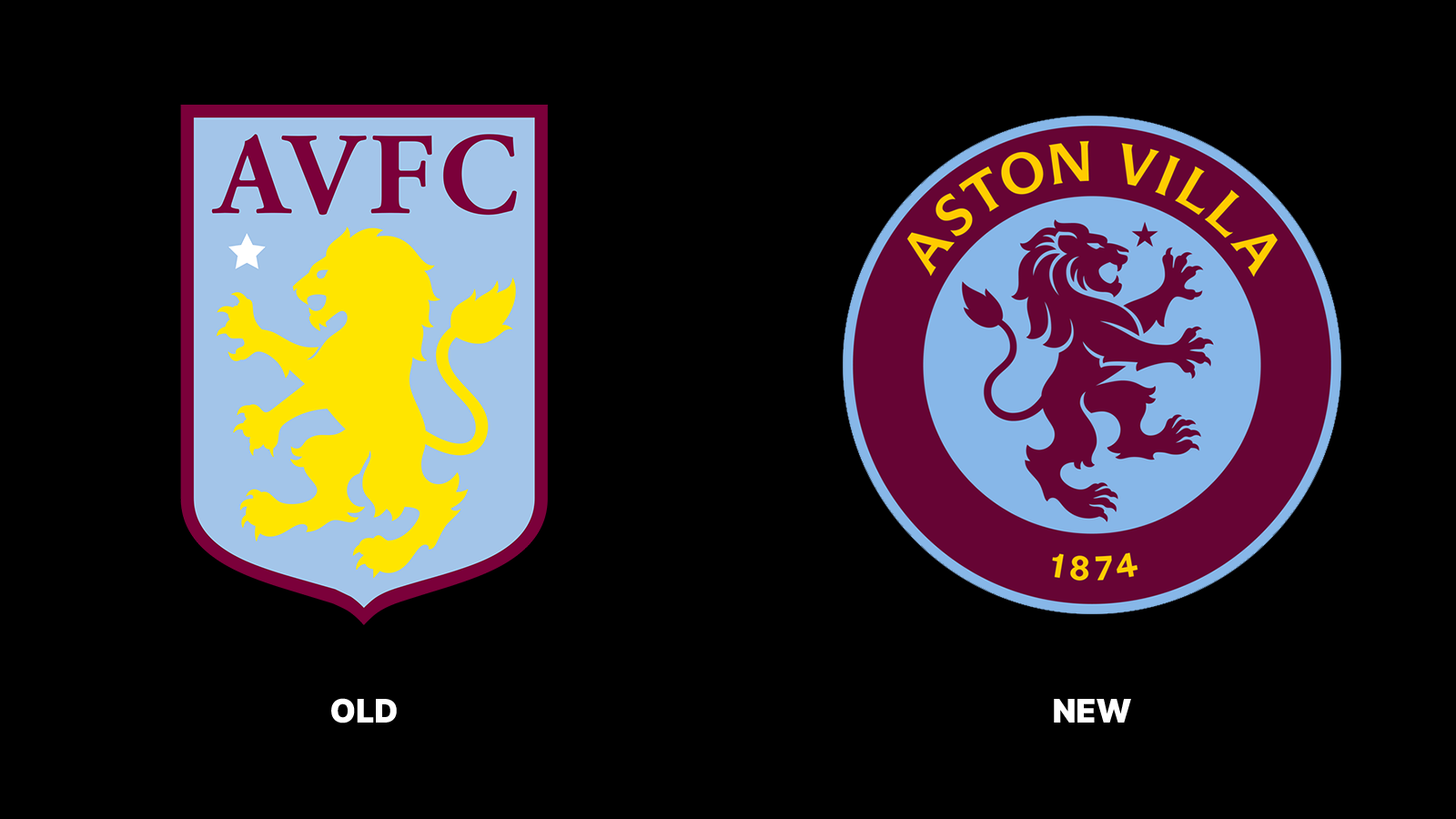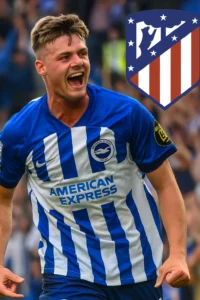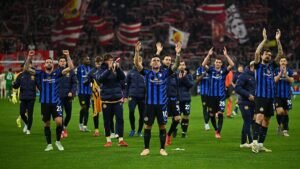
When it comes to impressive debuts, Didier Six’s first game for Aston Villa ranks alongside the finest I’ve seen. The first French player to sign for the club couldn’t have made a better start when we faced Manchester United at home in October 1984.
The flamboyant midfielder crowned a brilliant individual display by setting up a goal for Peter Withe in our 3-0 win and providing the media with the sort of headlines they dream about. I vividly recall three of them – “United hit by Six of the best”, “United get a French lesson,” “Vive Le Withe as slick Six clicks.”

Unfortunately, it was a false dawn. Our new boy, who joined us on loan from Mulhouse, never settled in this country, and after that blistering start there was never any question of a permanent transfer. He didn’t speak much English, so he didn’t really have much to do with the other players. Allan Evans made an effort to talk to him but otherwise there was little communication.
To be honest, I was staggered that the loan deal came to fruition, even if it started promisingly. Michel Verschuren, Anderlecht’s general manager, called me to say the Belgian club had the opportunity to sign Six but were unable to proceed because they already had their complement of foreign players.
I’d known Michel since our victory over Anderlecht in the 1982 European Cup semi-final and he suggested that we might be interested in the France international, so we invited Six to train with us for a couple of weeks. Our manager Graham Turner liked what he saw and after negotiations with Mulhouse were completed, the player was introduced to the media and was pencilled in for his debut against United the following Saturday.
If it sounds straightforward, that was far from the case, and I spent the next two days chasing all over Europe to finalise the arrangement. There was something I needed to check on Six’s International Clearance certificate so arrangements were made for me to fly to Paris on the Wednesday to collect the certificate from the French Football Federation headquarters. The plan was that I would also meet Mulhouse’s president to collect the signed agreement, which was required by the Football League by 5.00pm on Thursday.
But my travel plans were thrown into chaos by a call on the Tuesday evening, saying I would have to go to Mulhouse the following day because their president was unable to be in Paris. So instead of a flight from Birmingham to the French capital, I had to drive to Heathrow and catch a plane to Basle in Switzerland, the nearest airport to Mulhouse.
I was met at the airport by Mulhouse officials and Didier’s business partner, with whom I had lunch before I eventually met the club president at around 4.30pm. A couple of hours later I headed to Paris on a small plane which flew at cloud level and felt nauseous as it was buffeted by turbulence throughout the flight.
The only consolation was that all I needed to do now was to lodge the documents with the French Football Federation and return with them to England so that Didier could be registered. I did exactly that the following morning, only to be told they would be posted to me! At this point I had no option but to plead with the FFF officials that I really must take the papers with me to meet the Football League deadline.
Eventually, they agreed to my request and after a frantic taxi ride to Charles de Gaulle airport, I was just in time for the 12.30pm flight to Heathrow. By 3.45pm I was at the FA headquarters in Lancaster Gate, and the forms were faxed to the League for approval. With just 45 minutes to spare, Didier Six was given clearance to play for Villa that weekend.
Watching his outstanding debut, it was satisfying to know I’d played my part in making it happen – even if Six didn’t turn out to be one of the best.






